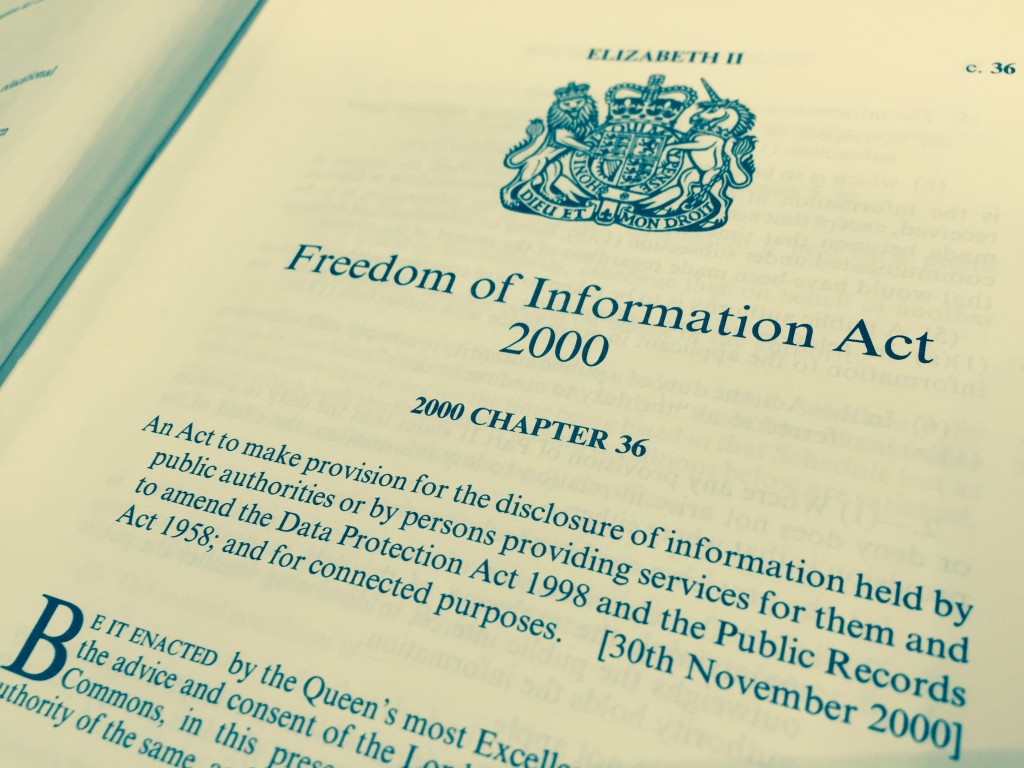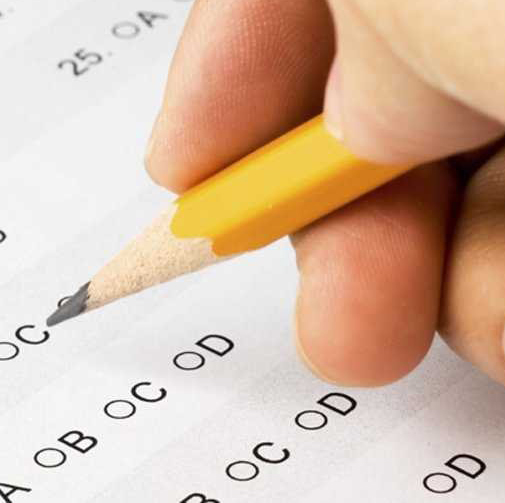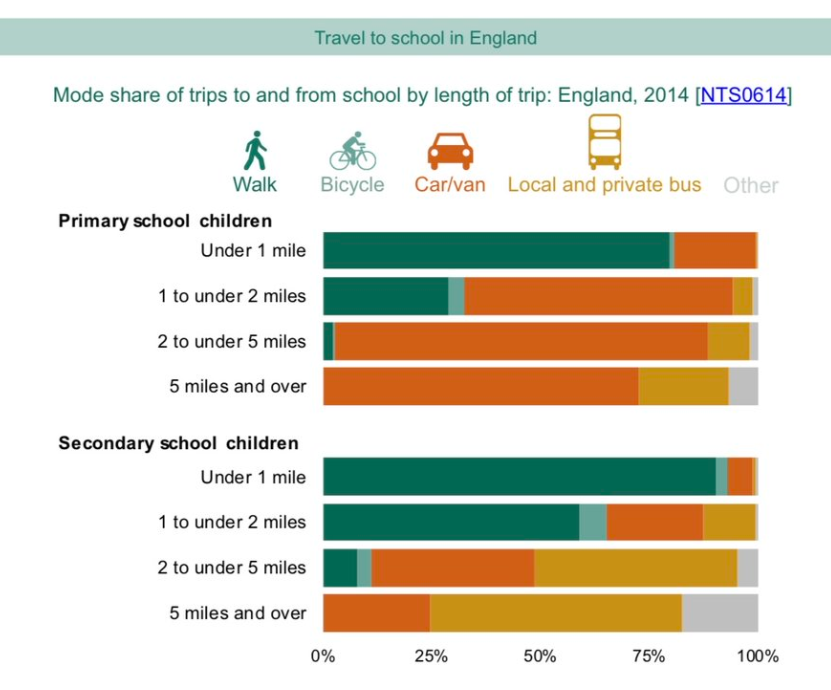Professor Stephen Gorard has written about the link between social segregation within schools and poor results for disadvantaged pupils. Gorard’s research shows that the attainment gap is smaller in areas with socially mixed schools. However, in selective areas it’s well known that grammar schools cluster wealthy pupils together while in non-selective schools poorer pupils are clustered together. Gorard says, “There is an unnecessarily wide variety of different types of school in England. Grammar schools select pupils by ability – which is linked to social background. Faith schools select by religion, which is linked to ethnicity. There are also special, free, foundation, specialist, and community schools, plus academies and university technical colleges. Each type can end up with somewhat different pupil intakes, so driving segregation. All these schools could be gradually phased into a national system of similar all-ability local schools.”
 How CF uses Freedom of Information to further our campaign
How CF uses Freedom of Information to further our campaign
Joanne Bartley, CF’s Campaign Support Officer, spoke to the WhatDoTheyKnow team about how Freedom of Information laws help expose inequality in access to grammar schools. One key detail from a FOI request helped to expose a prep school that was using false advertising about its 11-plus pass rates!
Read more HERE.
Pro-selection MPs often use written parliamentary questions to try to make the case for more grammar schools. Andrew Rosindell, the Conservative MP for Romford asked the Secretary of State for Education, ‘whether she is taking steps to promote the establishment of new grammar schools in areas where there is significant demand.’ Nick Gibb, the Schools Minister, replied and gave an unequivocal answer. “The Government has no plans to open more grammar schools. The Department’s priority is to concentrate on ensuring that as many pupils as possible, whatever their ability, have access to an outstanding education. Setting and streaming of pupils is common practice in secondary schools and enables teachers to tailor lessons to suit pupils of similar abilities and ensures that the highest ability pupils are offered additional stretch.” He went on to explain that the impressive Progress 8 score for grammar schools, “does not take account of the differences in pupil abilities or characteristics, for example free school meal eligibility, between selective and non-selective schools.”
The reply can be read in full HERE.
 SATs stress is real, but what about the 11-plus?
SATs stress is real, but what about the 11-plus?
The anxiety caused by primary school SATs tests has been in the news, but in selective areas children have SATs and the 11-plus too. In selective areas children often face CATs tests in year 5 to guide parents whether a child should sit the 11-plus, along with months of tuition, and often a mock 11+ exam… and then in year 6 when children are 10 or 11 they will sit BOTH the 11+ and SATs tests! Many children will face four serious exams while they’re still at primary school.
Read more about SATs HERE
 Selective education means further to travel to school
Selective education means further to travel to school
Read more on Twitter from @NoCarSchoolRun HERE.
Read the evidence HERE.









